Is menthol safe to use?
L-menthol powder, a naturally occurring compound found in peppermint and other mint plants, has been widely used in various industries for its cooling and soothing properties. However, as with any substance, it's essential to understand its safety profile, potential side effects, and regulations.

Is Menthol Safe to Use?
Menthol, particularly in its pure form as L-menthol, is generally considered safe for most people when used as directed. It has been used for centuries in traditional medicine and is now a common ingredient in various products, from pharmaceuticals to cosmetics and food additives.
The safety of menthol largely depends on its concentration and method of use. When used topically in appropriate concentrations, such as in over-the-counter pain relief creams or ointments, menthol is typically safe and effective. It works as a counterirritant, creating a cooling sensation that can help alleviate minor aches, pains, and skin irritations.
In oral care products like toothpaste and mouthwash, l-menthol is used in low concentrations and is considered safe for daily use. It provides a refreshing taste and can help mask unpleasant odors.
However, it's important to note that while menthol is generally safe, it can cause adverse effects if misused or in certain sensitive individuals. Always follow product instructions and consult with a healthcare professional if you have any concerns.

L-Menthol Side Effects
While L-menthol is typically well-tolerated, it can cause side effects in some individuals, especially when used in high concentrations or for prolonged periods. Understanding these potential side effects is crucial for safe usage:
- Skin Irritation: Topical application of menthol can sometimes cause skin irritation, redness, or a burning sensation, particularly in individuals with sensitive skin.
- Allergic Reactions: Though rare, some people may experience allergic reactions to menthol, manifesting as rashes, itching, or difficulty breathing.
- Respiratory Issues: Inhaling high concentrations of menthol vapor (such as from mentholated cigarettes) can irritate the airways and potentially exacerbate respiratory conditions like asthma.
- Gastrointestinal Distress: Ingesting large amounts of menthol can lead to nausea, vomiting, or abdominal pain.
- Nervous System Effects: In rare cases, excessive menthol exposure has been associated with dizziness, confusion, and muscle weakness.
It's important to note that these side effects are generally associated with misuse or overuse of menthol-containing products. When used as directed, L-menthol is typically safe for most individuals.

How is Menthol Safety Regulated in Different Industries?
Pharmaceutical Industry: In the pharmaceutical sector, l-menthol is regulated as an active ingredient in over-the-counter drugs. In the United States, the Food and Drug Administration (FDA) oversees its use in medications. For example, the FDA has established specific concentration limits for menthol in topical pain relievers.
Food Industry: As a food additive, menthol is classified as "Generally Recognized as Safe" (GRAS) by the FDA. However, its use is subject to good manufacturing practices and should not exceed levels necessary to achieve its intended effect.
Cosmetics Industry: In cosmetic products, menthol is regulated under the Federal Food, Drug, and Cosmetic Act. The FDA requires that cosmetic products containing menthol be safe for their intended use and properly labeled.
Tobacco Industry: The regulation of menthol in tobacco products has been a subject of ongoing debate. In the United States, the FDA has proposed rules to prohibit menthol in cigarettes due to its potential to increase the appeal and addictiveness of tobacco products.
Essential Oils and Aromatherapy: While less strictly regulated, many countries have guidelines for the safe use of menthol in essential oils and aromatherapy products. These often focus on proper labeling and usage instructions.
It's worth noting that regulatory approaches can vary significantly between countries and regions. Always check local regulations when dealing with menthol-containing products.

Can Menthol Cause Allergies or Irritation?
While l-menthol powder is generally well-tolerated, it can indeed cause allergies or irritation in some individuals:
Allergic Reactions: True allergic reactions to menthol are relatively rare but can occur. Symptoms of a menthol allergy may include:
- Skin rashes or hives
- Itching
- Swelling, particularly of the face, tongue, or throat
- Difficulty breathing
- In severe cases, anaphylaxis (a potentially life-threatening allergic reaction)
Skin Irritation: More common than allergic reactions is skin irritation from topical menthol application. This can manifest as:
- Redness
- Burning or stinging sensation
- Itching
- Dryness or peeling of the skin
Respiratory Irritation: Inhaling menthol vapors, particularly in high concentrations, can irritate the airways. This can be especially problematic for individuals with pre-existing respiratory conditions like asthma or chronic obstructive pulmonary disease (COPD).
Eye Irritation: If menthol comes into contact with the eyes, it can cause irritation, burning, and tearing.
To minimize the risk of allergies or irritation from menthol:
- Always perform a patch test before using a new menthol-containing product, especially on sensitive skin.
- Follow product instructions carefully, particularly regarding concentration and frequency of use.
- Avoid applying menthol products to broken or irritated skin.
- If you experience any signs of allergy or severe irritation, discontinue use immediately and consult a healthcare professional.
It's important to remember that while these reactions can occur, they are not common. Most people can use menthol-containing products safely without experiencing significant side effects.

L-Menthol Manufacturer
To guarantee product quality, Rebecca Bio-Tech employs high-performance liquid chromatography (HPLC) to test L-Menthol powder. This advanced method allows us to accurately determine the content of L-Menthol in our products, ensuring consistent quality and purity.
If you're interested in learning more about our L-menthol products, requesting samples, or discussing your specific requirements, we invite you to reach out to us. Our team is ready to provide detailed specifications and address any questions you may have. Contact us at information@sxrebecca.com to start a conversation about how our high-quality L-menthol powder can meet your needs.
References:
- Galeotti, N., et al. (2002). Menthol: a natural analgesic compound. Neuroscience Letters, 322(3), 145-148.
- Eccles, R. (1994). Menthol and related cooling compounds. Journal of Pharmacy and Pharmacology, 46(8), 618-630.
- Yosipovitch, G., et al. (1996). The effect of topically applied menthol on thermal, pain and itch sensations and biophysical properties of the skin. Archives of Dermatological Research, 288(5-6), 245-248.
- Corazza, M., et al. (2014). Contact sensitization to menthol and peppermint in patients with intra-oral symptoms. Journal of the European Academy of Dermatology and Venereology, 28(11), 1579-1580.
- Willis, D. N., et al. (2011). Menthol attenuates respiratory irritation responses to multiple cigarette smoke irritants. The FASEB Journal, 25(12), 4434-4444.
- Nair, B. (2001). Final report on the safety assessment of Mentha Piperita (Peppermint) Oil, Mentha Piperita (Peppermint) Leaf Extract, Mentha Piperita (Peppermint) Leaf, and Mentha Piperita (Peppermint) Leaf Water. International Journal of Toxicology, 20(3), 61-73.
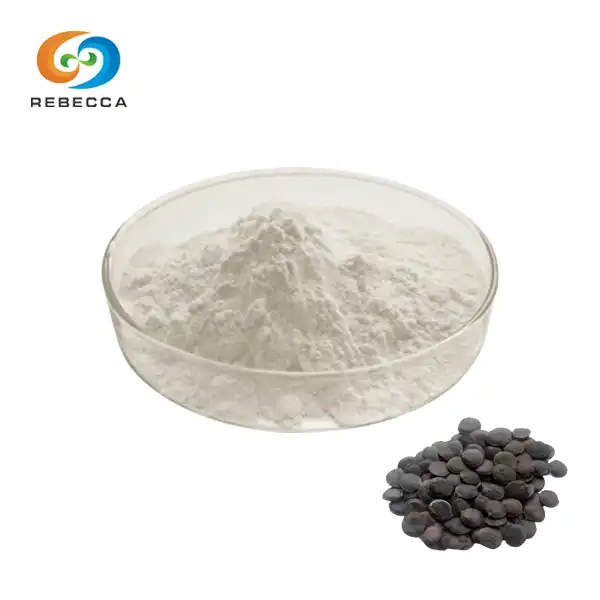
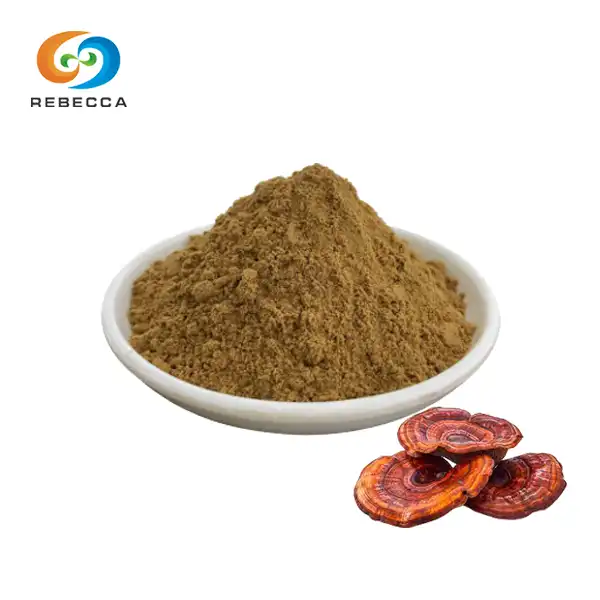
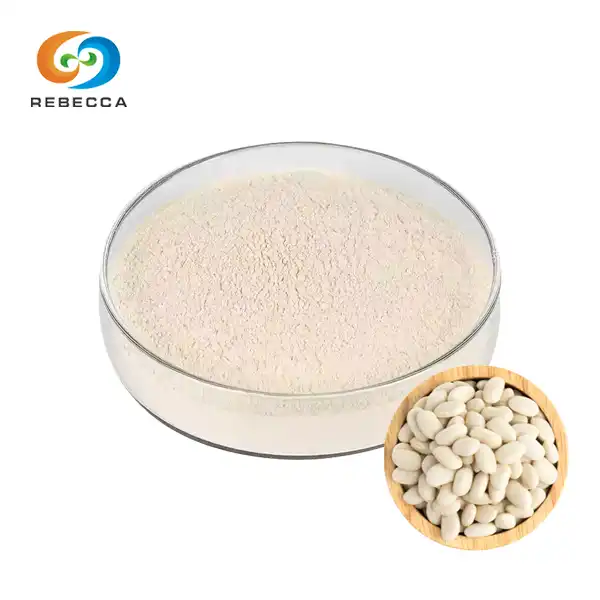
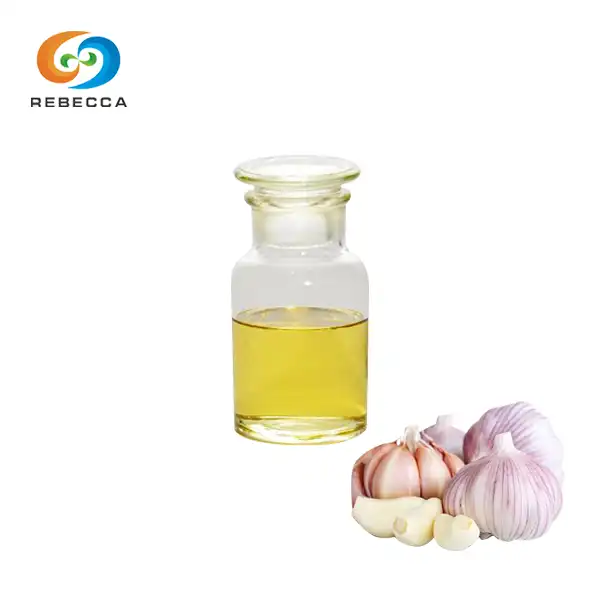
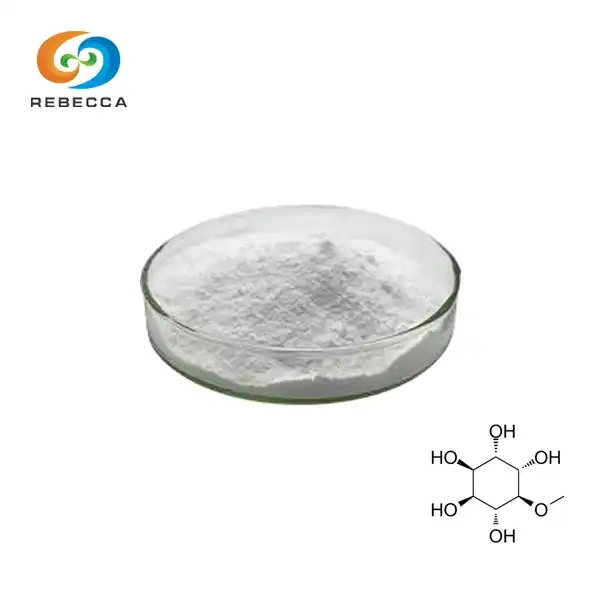
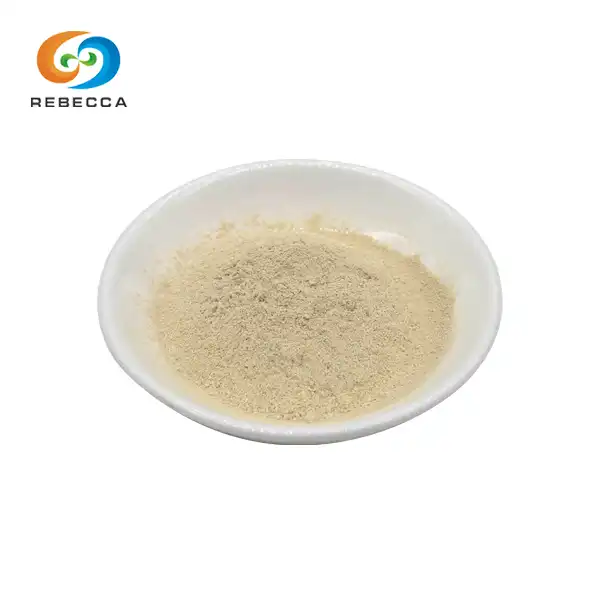
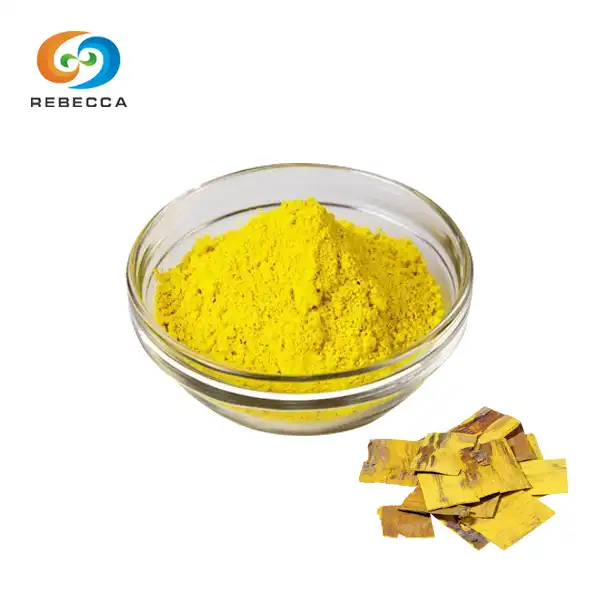
_1730079799361.webp)
